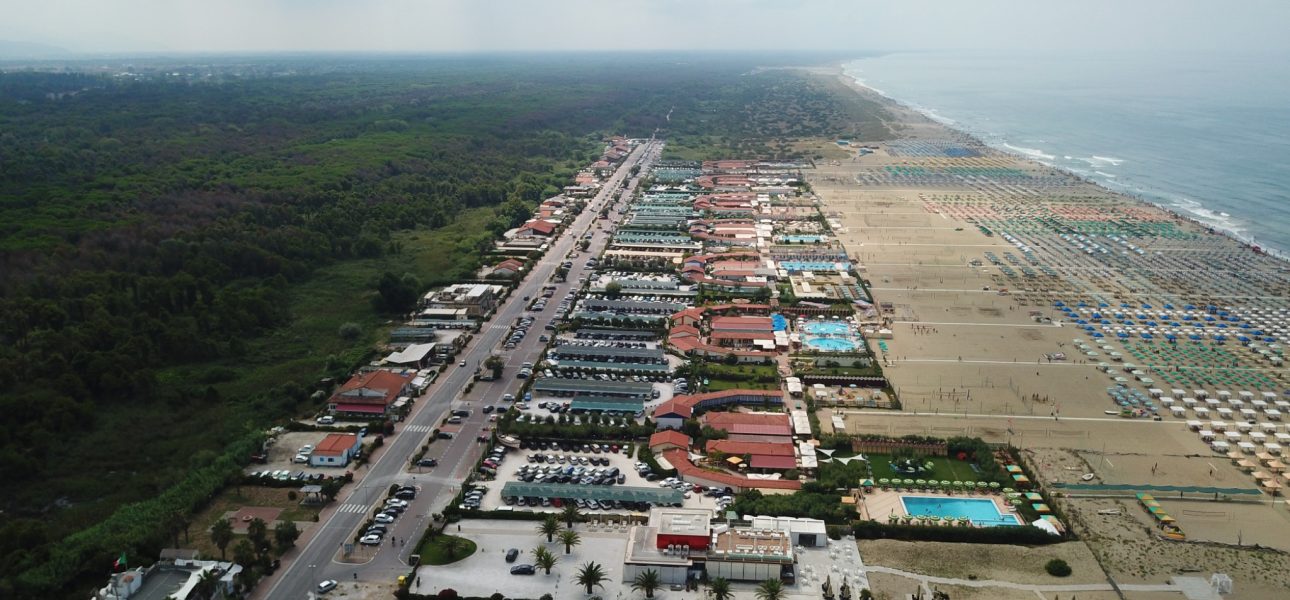Why Are Secondary Logistics Hubs Becoming So Important Today?
Several factors contribute to the growing relevance of secondary hubs:- E-commerce Explosion: The pandemic accelerated the shift toward online shopping, drastically increasing demand for fast, efficient, and regionally distributed warehouse networks
- Rising Costs in Primary Cities: Skyrocketing real estate prices and operational costs in primary hubs have made businesses look for affordable, scalable alternatives
- Sustainability Push: With the EU Green Deal and Fit for 55 package driving stricter sustainability regulations, companies are optimizing locations to reduce carbon footprints by shortening delivery routes
- Improved Infrastructure: Investments in road, rail, and inland shipping networks across the Netherlands and Europe have enhanced the logistical appeal of secondary regions
Key Benefits of Transforming Secondary Hubs into Logistics Hotspots
- Cost Efficiency Secondary hubs offer significantly lower land and operational costs compared to primary locations, making them highly attractive for logistics operators aiming to scale operations without compromising margins
- Strategic Connectivity Well-positioned hubs in cities like Venlo, Doetinchem, and Almere act as essential nodes linking major ports and consumer markets, optimizing last-mile delivery performance
- Sustainability Gains Proximity to urban centers reduces transportation distances, lowering carbon emissions and aligning with corporate ESG strategies. New developments in these areas often feature energy-efficient designs and renewable energy solutions
- Growth Potential Secondary hubs offer ample space for large-scale developments, allowing companies to future-proof their logistics operations with state-of-the-art warehousing and automation technologies
How Are Businesses and Investors Seizing This Opportunity?
What makes secondary hubs preferable for new logistics facilities over primary hubs?
Secondary hubs provide affordable land, lower taxes, and easier permitting processes, making it faster and cheaper to build scalable logistics facilities. Enhanced infrastructure further strengthens their appeal by maintaining connectivity to major transport arteries.
How does the rise of e-commerce impact secondary logistics hubs?
The demand for rapid delivery has shifted focus toward distributed warehouse networks. Secondary hubs reduce last-mile delivery costs and time, enabling businesses to offer competitive shipping rates while reducing environmental impact.
Are secondary hubs future-proof for logistics real estate investments?
Absolutely. Their strategic location, combined with space for modern, sustainable developments, ensures they remain relevant as supply chains evolve, making them excellent long-term investment targets.
The Role of Acquisitions, Sale & Leasebacks, and Developments in This Shift
Investors are focusing on high-potential logistics properties in secondary hubs, capitalizing on rising demand and land scarcity in primary locations. These acquisitions enable long-term growth and portfolio diversification in the evolving European logistics market.
Logistics operators are leveraging sale & leaseback strategies to release capital trapped in real estate assets. This approach allows them to reinvest in operations, expand regional distribution networks, and scale without losing control over key logistics facilities.
Developers are delivering innovative, modular logistics parks in secondary hubs, integrating advanced automation, energy-efficient designs, and flexible layouts. These tailored developments meet the growing demand for sustainable, scalable warehousing solutions aligned with modern supply chain needs.
Current Trends in the Netherlands and Europe Supporting This Transformation
- Digitalization of Supply Chains: Smart logistics technologies are enabling real-time inventory tracking and predictive demand planning, making decentralized hub strategies more effective
- Urban Logistics Growth: As cities expand, secondary hubs facilitate the efficient flow of goods without overwhelming urban centers, supporting sustainable city living
- Institutional Investment Interest: Pension funds and real estate investment trusts (REITs) increasingly view secondary logistics hubs as stable, inflation-hedged investment opportunities
How RENEW Real Estate (RRE) Enables This Strategic Shift
At RENEW Real Estate (RRE), we specialize in identifying and unlocking the hidden potential of secondary logistics hubs across Europe. By leveraging our deep market knowledge and robust investor network, we offer:
- Strategic acquisitions in emerging hubs with long-term growth potential
- Sale & leaseback solutions that empower businesses to reinvest in operations
- Bespoke developments focused on sustainability and future-ready logistics needs
Whether a logistics operator needs to scale without capital strain, a retailer seeks new regional distribution points, or an investor aims for stable, inflation-resistant returns, RRE structures solutions that deliver mutual value.
Our approach isn’t just about real estate transactions; it’s about building partnerships that foster growth, operational excellence, and environmental responsibility. Explore how RRE’s expertise can help you capitalize on the next frontier in logistics real estate


